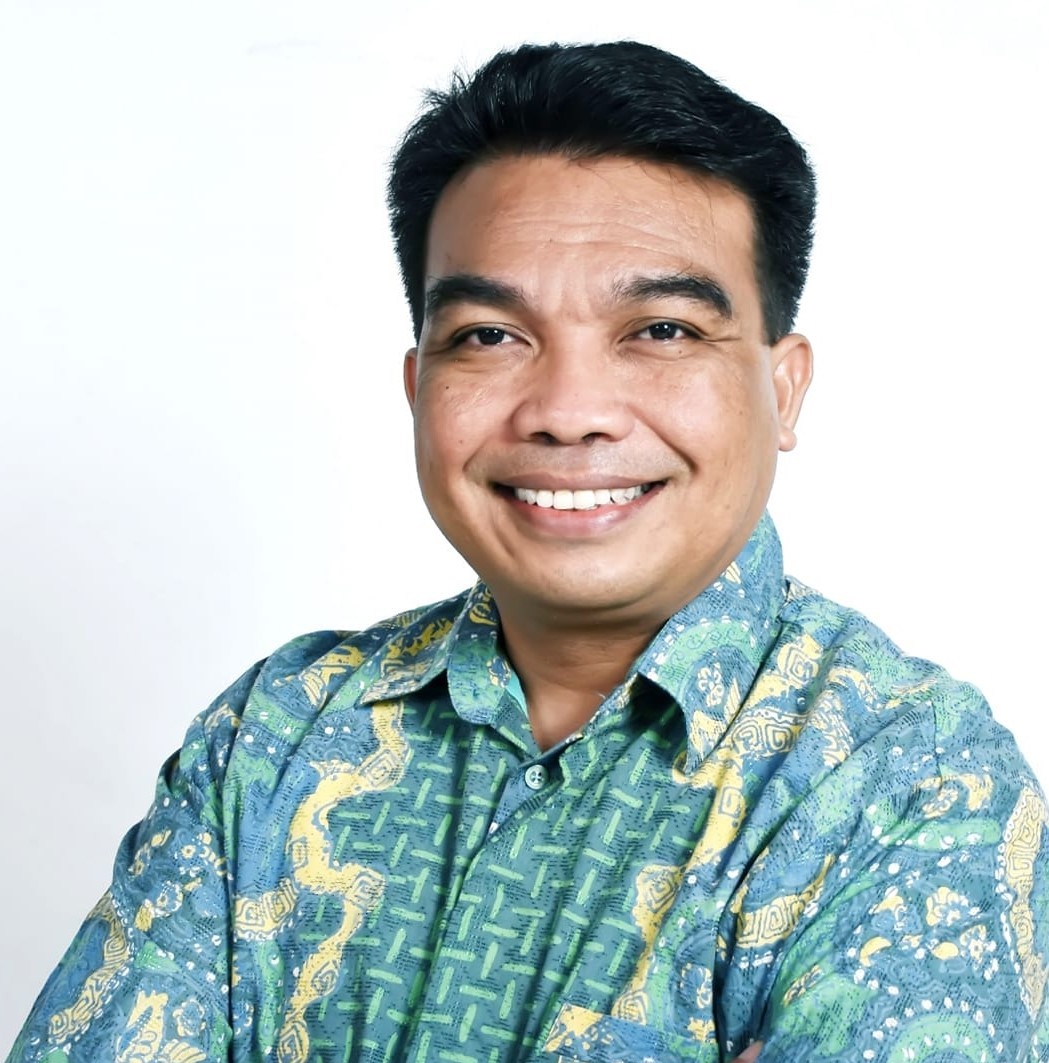Credit: Auriga Nusantara
The production of electric vehicle (EV) batteries is widely seen as crucial to achieve the energy transition and carbon targets, but the extraction and refining of the required critical minerals comes at a cost to local people, environment and biodiversity.
In a new paper for international journal One Earth, researchers at The University of Queensland’s Sustainable Minerals Institute looked at Indonesia’s nickel production and proposed how taking a broad view at the problems involved in climate solutions could help reduce those risks.
Although Indonesia is the world’s largest producer of nickel, it is increasingly relying on coal-fired plants to power nickel processing. In 2022, coal consumption increased by 32%, with nickel smelters accounting for a large proportion of this increase.
The paper’s lead author and Centre for Social Responsibility in Mining (CSRM) PhD Candidate Emanuel Bria explained that while humanity is starting to find solutions to the bigger climate problem, these solutions have problems of their own.
“The biggest cost is for local communities: when they are displaced from their lands for the mines or smelters, they lose their livelihoods as fishers or farmers; they can’t share in the economic benefits; and they lose clean air and clean water,” he said.
Bria and his co-authors explained that they’ve made a first step towards a holistic framework that policymakers and researchers could use to analyse the problems caused by energy transition solutions.
“This framework helps us to identify social and environmental risks and rather than delaying the solutions, we are thinking the risks all the way through, so there can be a mitigation process,” Bria said.
CSRM Director Professor Deanna Kemp said there was a role for researchers in exploring evidence-based analysis of issues with the energy transition.
“By finding a better way to think about the social and environment costs of the mining that underpins many of the world’s climate solution, we can hopefully reduce the impact of the steps needed to achieve the energy transition,” she said.

Professor Alex Lechner, a landscape ecologist at Monash University Indonesia, co-author on the paper, and co-lead of the Mining Spatial Data Intelligence Research Hub, explained that the authors encourage the establishment of an Indonesian observatory that uses GIS and remote sensing data to track the intersection of nickel and coal industries, with social, environmental and governance changes.
“We need stronger safeguards for people and the environment—grounded in the best available data—to support a just energy transition, particularly for communities affected by the push for EVs as a climate solution.” Professor Lechner said.



